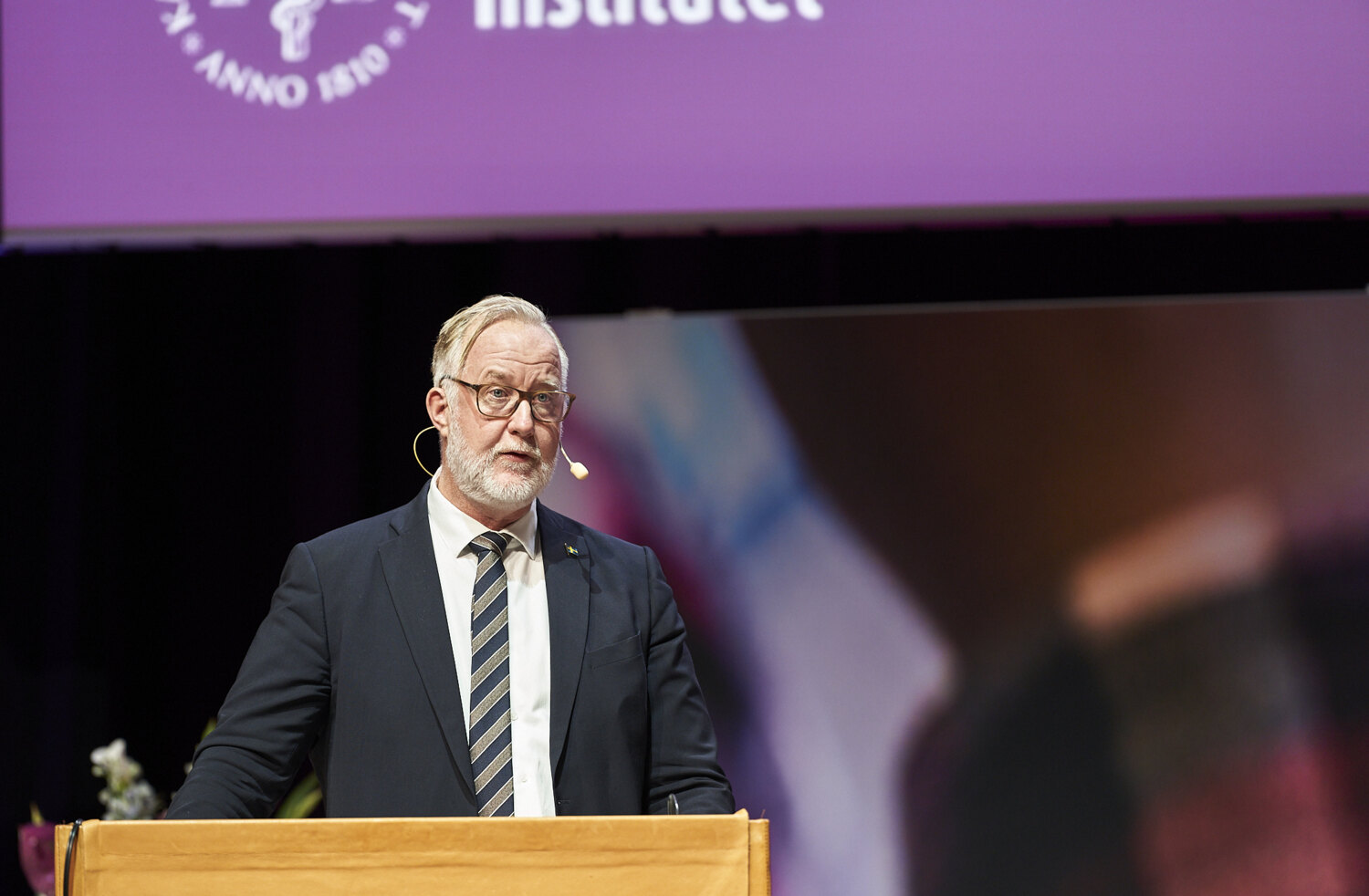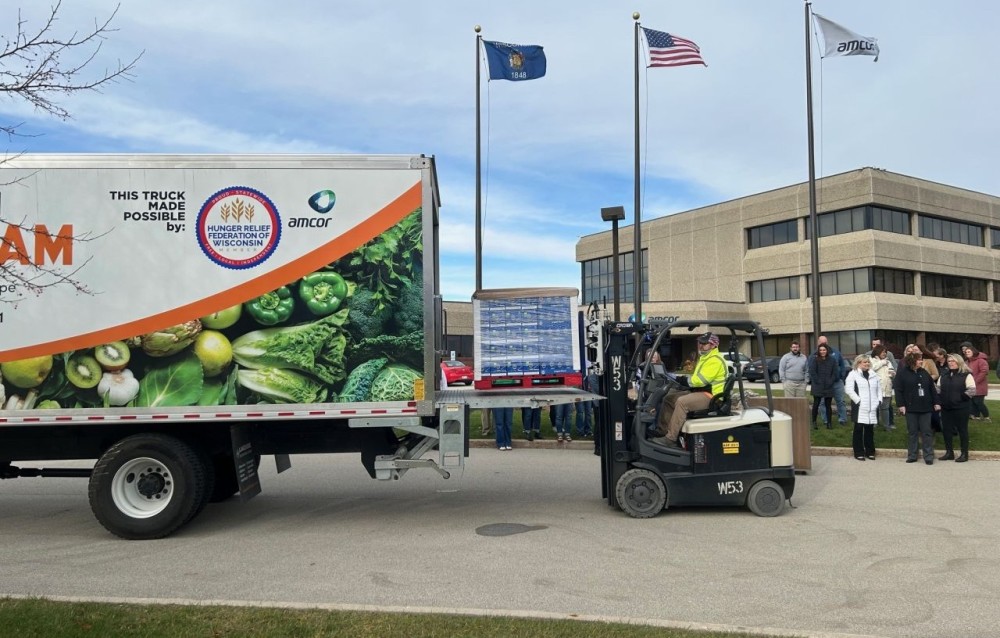Western Australia is likely to remain one of the safest places in the world, both from infectious diseases and military onslaught, through to 2050 and beyond, according to a new report launched today by The University of Western Australia.
published by the (UWA PPI), lays out what’s at stake across the next 30 years and ways the future of the State can be boosted.
“We need long-term visionary plans for increasing migration, and creative, interconnected urban development to house the State’s projected population in safe, green, spaces with well-serviced infrastructure.
PPI Director Professor Shamit Saggar
PPI Director Professor Shamit Saggar said more than 50 contributors across business, government and higher education participated in the ground-breaking report, looking at three overlapping themes: the future of West Australians, the transformation of physical place and environment, and the challenges and opportunities facing WA’s prosperity.
“WA is a state with enormous potential, but only if we act now by embracing well-informed policy to make change and secure our future,” Professor Saggar said.
“State politics is often short-sighted, based on election cycles, and hesitant in making long-term commitments. Our researchers can speed up the process by isolating what works elsewhere, through data-sharing and adding expert insights for decisionmakers in government, business and non-profits.”

For example, diversifying the current mining-led WA economy through new sustainable markets, Professor Saggar said, requires a significant shift of mindset echoing the pioneering work of businesses that first built the State’s export-based resources economy 30 years ago.
“We also need long-term visionary plans for increasing migration, and creative, interconnected urban development to house the State’s projected population in safe, green, spaces with well-serviced infrastructure,” he said.
“The State has historically decried its isolation, most notably from the minds and priorities of national political and business leaders.
“But WA 2050 paints a different picture by emphasising the potential of Indian Ocean and South-East Asian connections; the role of new technologies in moving to a post-carbon State; and capitalising on our location in ensuring that Australia has strategic defence capabilities in two oceans.”
UWA Vice-Chancellor Professor Amit Chakma said the report was “packed with deep understanding and practical awareness” as it explored existing challenges in the policy landscape and their potential solutions.
“It fosters the spirit of bold proposals that can potentially transform how we live in WA, and signals a fresh start that will engage others,” Professor Chakma said.
One of the more unique suggestions, put forward by Sisonke Msimang from the Centre for Stories, is for the establishment of a WA Storyteller-in-Chief or Historian-in-Chief, to narrate and share the memoirs and tales of local people and to help the State “think about its history and its story going forward”.
UWA PPI was established in 2018 as a way to share UWA’s world-class research and expertise with decision makers and community leaders at state, national and regional levels and the new report is the Institute’s sixth major publication.








